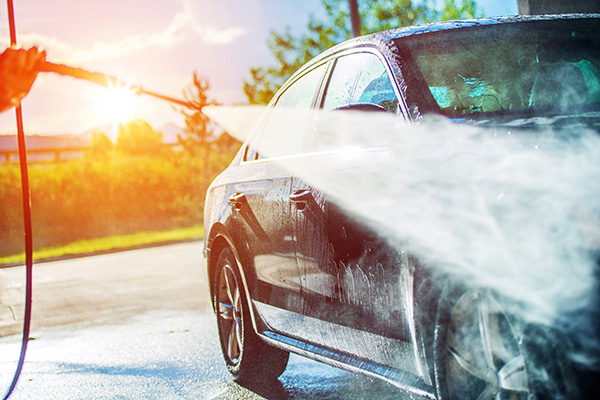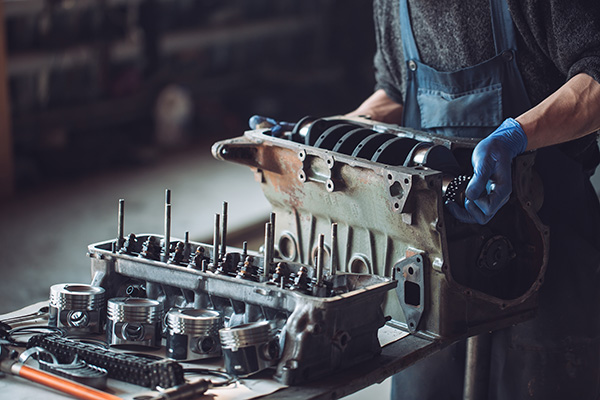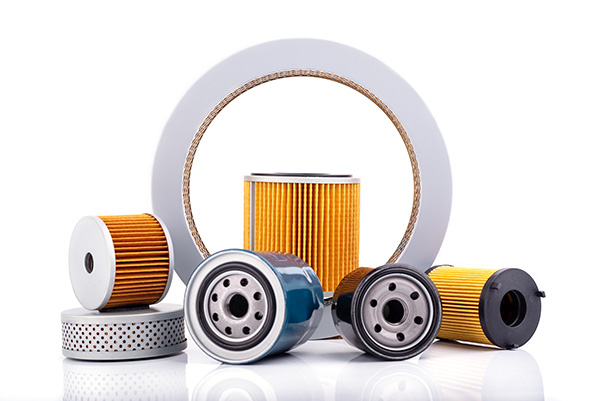Posted on 3/28/2025

As winter fades away and warmer weather rolls in, it’s the perfect time to give your car a fresh start. Months of cold temperatures, road salt, and grime can leave your vehicle looking dull and feeling less than inviting. A thorough spring cleaning can restore its shine, improve air quality inside the cabin, and even help preserve the car’s value. Instead of spending hours scrubbing with traditional methods, try these time-saving cleaning hacks to make your car feel like new again. Start with a Thorough Interior Declutter Before you begin deep cleaning, remove all unnecessary items from your car. Winter gear, old receipts, empty cups, and random clutter can pile up without you even realizing it. Take a few minutes to clear everything out, including under the seats and in the trunk. Use a small storage organizer or car bin to keep essentials neatly stored moving forward. Use Household Items for a Deeper Clean You don’t need expensi ... read more
Posted on 2/28/2025

Feeling your car shake while driving can be unsettling, especially when it starts happening out of nowhere. A vibrating vehicle isn’t just an annoyance—it’s often a warning sign that something isn’t right. While some causes are minor, others could indicate a serious issue that needs attention before it leads to costly repairs or a safety hazard. Tire Problems and Wheel Balance Issues One of the most common reasons a car vibrates while driving is tire trouble. Uneven tire wear, imbalanced wheels, or low air pressure can all cause noticeable shaking, especially at higher speeds. If your tires aren’t properly inflated or balanced, your car may pull to one side, and the vibration may get worse the faster you drive. Over time, tires wear down unevenly, and if they’re not rotated regularly, this can create an imbalance that affects the way your car handles. Potholes and rough roads can also lead to alignment problems, which can make you ... read more
Posted on 1/31/2025

For many car owners, the prospect of an engine overhaul can be daunting, raising questions about what it involves and how to know if it’s necessary. Recognizing signs like unusual noises, decreased performance, or oil consumption is crucial in determining if an overhaul is needed. By understanding the basics of this process, car owners can make informed decisions and better maintain their vehicle’s longevity and performance. What Is an Engine Overhaul? An engine overhaul is a comprehensive process of disassembling an engine, inspecting its components, and either cleaning, repairing, or replacing parts as necessary. Think of it as giving your engine a fresh start. It’s not the same as routine maintenance—this is a deeper, more involved process that restores the engine’s functionality and performance. There are two types of overhauls to consider ... read more
Posted on 12/20/2024

When was the last time you thought about your car's filters? While they may seem like small components, they are crucial in keeping your engine running efficiently. From air filters to cabin filters, each one has a specific function to ensure your vehicle’s optimal performance. So, how often should you replace them? We'll explore the importance of filter replacement for your car's health and your peace of mind. Why Are Car Filters So Important Before we dive into replacement schedules, it’s important to understand the role of the various filters in your car. The air filter helps prevent dirt and debris from entering the engine, keeping it running smoothly. The cabin filter, on the other hand, ensures that the air you breathe inside the car is clean, filtering out pollutants, dust, and allergens. Both of these filters directly impact your driving experience. A clogged air filter can lead to reduced engine efficiency, poor fuel econ ... read more
Posted on 11/29/2024

In recent years, SUVs have skyrocketed in popularity across the U.S. streets, and it’s not just a trend. These versatile vehicles have transformed the driving experience for millions of Americans, offering benefits that many consider invaluable in day-to-day life. Whether it’s the spacious interiors, the sense of security, or simply the elevated view of the road, SUVs seem to meet American drivers’ demands. But what exactly has propelled this surge in preference? Perfect for Families and Adventurers Alike One of the main reasons behind the SUV’s popularity is the unmatched space it provides. SUVs come with ample cabin room, meaning drivers don’t have to compromise on comfort, even with a full car of passengers. That space comes in handy in a country where family road trips, sports practices, and outdoor adventures are common. The extra room allows for comfortable seating arrangements and makes long trips far more enjoyable for everyone ... read more